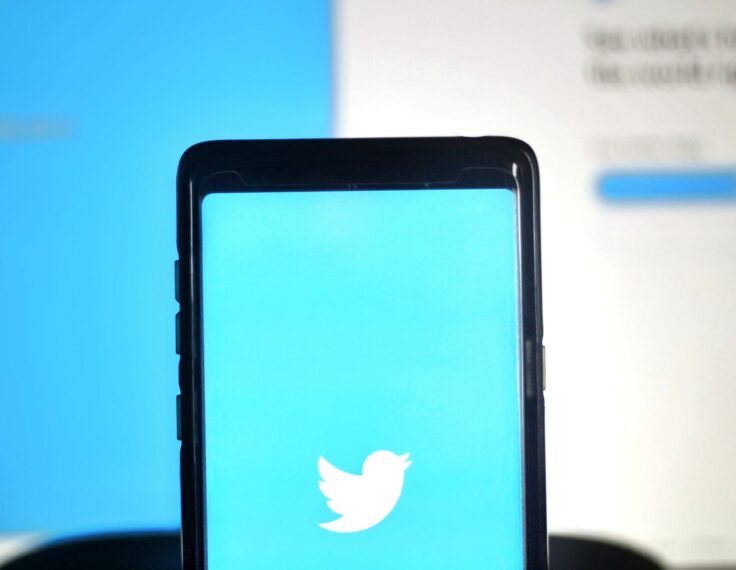Explore All Articles
All Articles
Article Topic

Does incentivization promote sharing “true” content online?
Hansika Kapoor, Sarah Rezaei, Swanaya Gurjar, Anirudh Tagat, Denny George, Yash Budhwar and Arathy Puthillam
In an online experiment in India, incentives for sharing factual posts increased sharing compared to no incentivization. However, the type of incentive (monetary or social) did not influence sharing behavior in a custom social media simulation. Curbing misinformation may not require substantial monetary resources; in fact, social media platforms can devise ways to socially incentivize their users for being responsible netizens who share true information.

Less reliable media drive interest in anti-vaccine information
Samikshya Siwakoti, Jacob N. Shapiro and Nathan Evans
As progress on vaccine rollout in the United States slowed down in Spring 2021, it became clear that anti-vaccine information posed a public health threat. Using text data from 5,613 distinct COVID misinformation stories and 70 anti-vaccination Facebook groups, we tracked highly salient keywords regarding anti-vaccine discourse across Twitter, thousands of news websites, and the Google and Bing search engines from May through June 2021, a key period when progress on vaccinations very clearly stalled.

Explaining beliefs in electoral misinformation in the 2022 Brazilian election: The role of ideology, political trust, social media, and messaging apps
Patrícia Rossini, Camila Mont’Alverne and Antonis Kalogeropoulos
The 2022 elections in Brazil have demonstrated that disinformation can have violent consequences, particularly when it comes from the top, raising concerns around democratic backsliding. This study leverages a two-wave survey to investigate individual-level predictors of holding electoral misinformation beliefs and the role of trust and information habits during the 2022 Brazilian elections.

How effective are TikTok misinformation debunking videos?
Puneet Bhargava, Katie MacDonald, Christie Newton, Hause Lin and Gordon Pennycook
TikTok provides opportunity for citizen-led debunking where users correct other users’ misinformation. In the present study (N=1,169), participants either watched and rated the credibility of (1) a misinformation video, (2) a correction video, or (3) a misinformation video followed by a correction video (“debunking”).

Examining accuracy-prompt efficacy in combination with using colored borders to differentiate news and social content online
Venya Bhardwaj, Cameron Martel and David G. Rand
Recent evidence suggests that prompting users to consider the accuracy of online posts increases the quality of news they share on social media. Here we examine how accuracy prompts affect user behavior in a more realistic context, and whether their effect can be enhanced by using colored borders to differentiate news from social content.

Search engine manipulation to spread pro-Kremlin propaganda
Evan M. Williams and Kathleen M. Carley
The Kremlin’s use of bots and trolls to manipulate the recommendation algorithms of social media platforms is well-documented by many journalists and researchers. However pro-Kremlin manipulation of search engine algorithms has rarely been explored. We examine pro-Kremlin attempts to manipulate search engine results by comparing backlink and keyphrase networks of US, European, and Russian think tanks, as well as Kremlin-linked “pseudo” think tanks that target Western audiences.

Designing misinformation interventions for all:
Perspectives from AAPI, Black, Latino, and Native American community leaders on misinformation educational efforts
Angela Y. Lee, Ryan C. Moore and Jeffrey T. Hancock
This paper examines strategies for making misinformation interventions responsive to four communities of color. Using qualitative focus groups with members of four non-profit organizations, we worked with community leaders to identify misinformation narratives, sources of exposure, and effective intervention strategies in the Asian American Pacific Islander (AAPI), Black, Latino, and Native American communities.

A pro-government disinformation campaign on Indonesian Papua
Dave McRae, Maria del Mar Quiroga, Daniel Russo-Batterham and Kim Doyle
This research identifies an Indonesian-language Twitter disinformation campaign posting pro-government materials on Indonesian governance in Papua, site of a protracted ethno-nationalist, pro-independence insurgency. Curiously, the campaign does not employ common disinformation tactics such as hashtag flooding or the posting of clickbait with high engagement potential, nor does it seek to build user profiles that would make the accounts posting this material appear as important participants in a debate over Papua’s status.

Where conspiracy theories flourish: A study of YouTube comments and Bill Gates conspiracy theories
Lan Ha, Timothy Graham and Joanne Gray
We studied YouTube comments posted to Covid-19 news videos featuring Bill Gates and found they were dominated by conspiracy theories. Our results suggest the platform’s comments feature operates as a relatively unmoderated social media space where conspiracy theories circulate unchecked. We outline steps that YouTube can take now to improve its approach to moderating misinformation.
